Description
This expedition will take you into remote, unspoilt wilderness. It will be an intensive week of tracking and trailing, with each day spent searching out and following trails of mountain lion, bear, coyote, bobcat and other large mammals. You will expand your natural history knowledge and learn all the essentials of good trailing practice, dramatically improve your understanding of wildlife sign interpretation and gain the ability to assess the landscape for animal whereabouts. You will see few other people and be fully immersed in nature. This is a true ‘get away from it all’ trip, there will be no wifi and mobile phones do not work in most of the areas we will be hiking in. We carry a satellite phone in case of emergencies.
This semi-arid region is around 2000 metres in altitude so we will take it easy for our first day at our base before going further afield. This gives time to unwind and get in tune with your new surroundings whilst learning the basics of tracking wildlife in this environment. We will cover mammals, birds, reptiles, amphibians and invertebrates and explore movement and gaits.
This expedition expands on the teaching of our UK Tracking courses but focuses on the bigger predators of North America. We are really excited to be working with Casey McFarland on this expedition. Casey is an expert in this environment having contributed to the book Mammal Tracks and Sign – A Guide to North American Species by Mark Elbroch, and co-authored Peterson Field Guide to North American Bird Nests and Bird Feathers: A Guide to North American Species. Like Ben McNutt, Casey is certified within the CyberTracker system and is also an official assessor. Casey and Ben will be with you for the whole expedition making this an amazing opportunity for learning trailing and geeking-out about track and sign.
The first two nights will be acclimatising in comfortable ‘glamping’ tents, then we will venture into the backcountry with lightweight camping gear, carrying our supplies and camping where the wildlife takes us.
We will be based on private land bordering Mesa Verde National park. This was the home of the Ancestral Pueblo people between 600 to 1300 CE. We may see ancient fragments of pottery and pictographs or petroglyphs on the rocks. We plan to hike on Ute Tribal land to be shown ancient cliff dwellings.
This is the transition zone between arid scrublands to the south and the forested montane environment of the Rocky Mountains to the north. The area supports a great diversity of wildlife including resident and migratory mammals and birds. There are a large number of reptiles, but none that are a treat to humans. There is an abundance of wildlife in this beautiful landscape and we should see many species as well as finding plenty of tracks.
- Days: Tuesday pm – Wednesday am (8 Nights)
- Location: Colorado Plateau, USA
- Food & Accommodation: Fully catered and includes camping fees
- Activity: Wildlife Tracking & Trailing Skills
- Group Size: 10 (maximum)
- Physical Rating: Hard
- 2022 Dates: TBC
Highlights
- Wildlife behaviour
- Natural history
- Sign interpretation
- Encounter protocols
- Assessing landscape
- Moving smoothly
- Stealth & camouflage
- Skull & bones
- Scat & droppings
- Clear print analysis
- Trailing skills
- Track ageing
- Movement & gaits
- Lures & calls
- Landscape evaluation
- Cliff dwellings
Inclusions
Included
- Casey McFarland’s expert tuition.
- Two Wild Human expedition leaders and trackers.
- All food (snacks and meals) and soft drinks.
- Internal transport as outlined in itinerary.
- Special in-country permits and permissions.
Not included
- International flights/ travel.
- Travel insurance (obligatory).
- Alcohol
- Personal equipment (full kit list in the Notes Section).

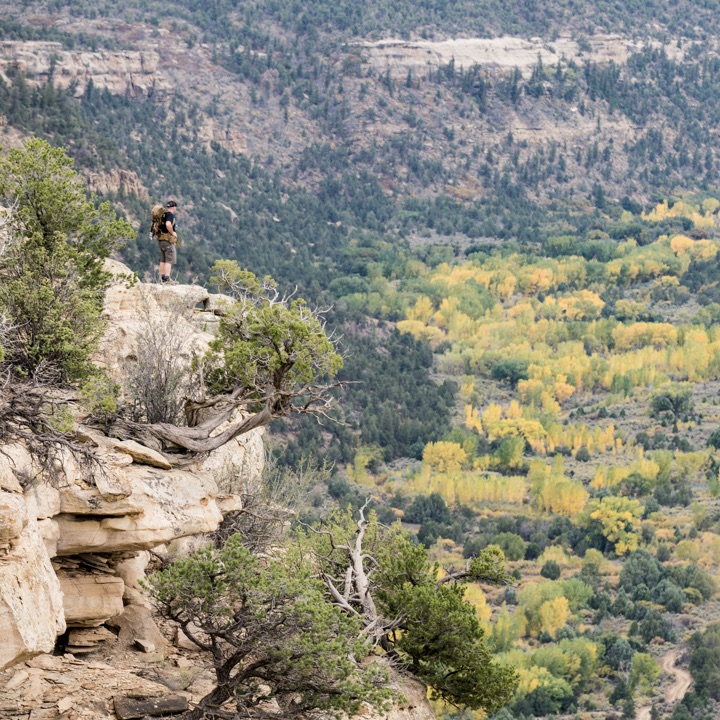
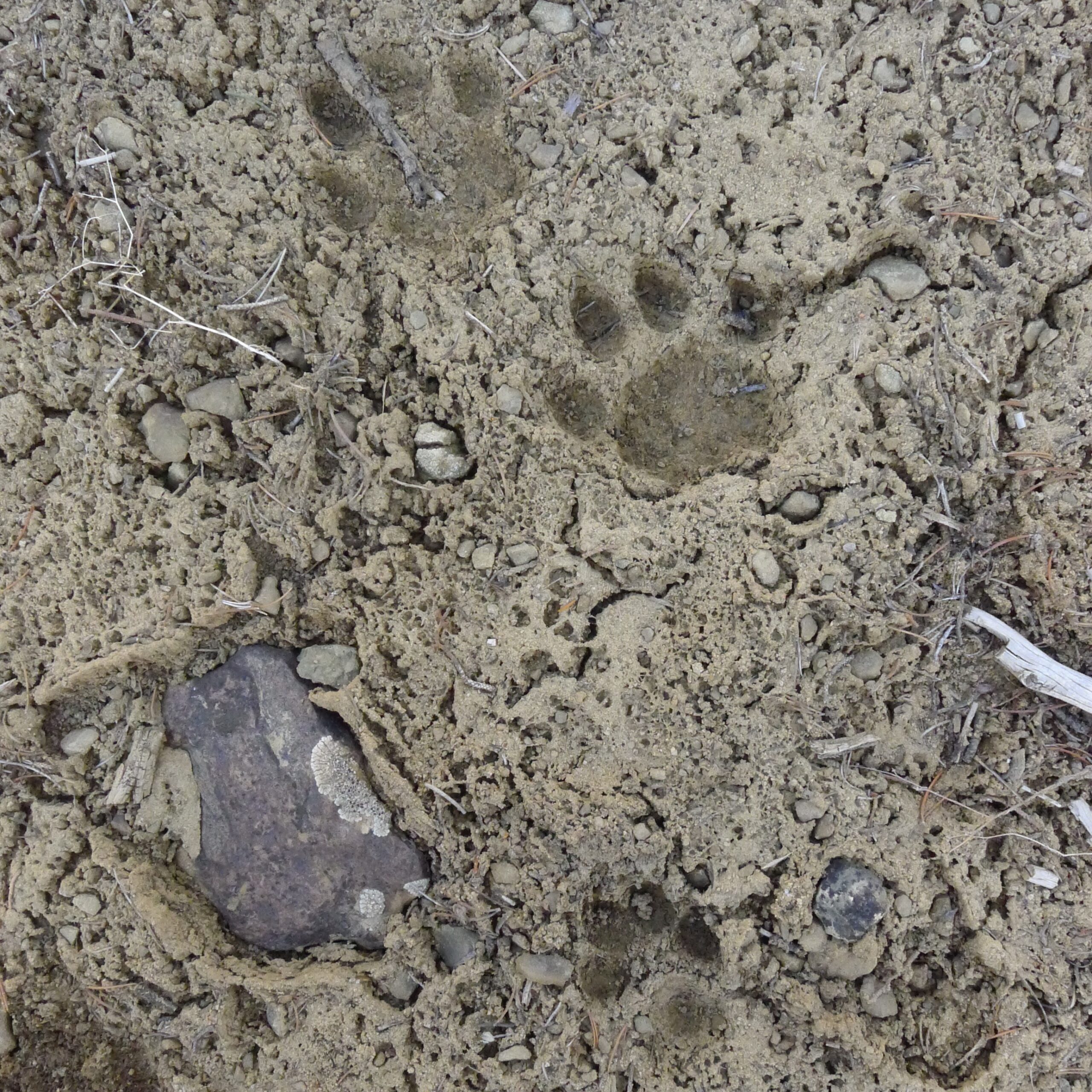
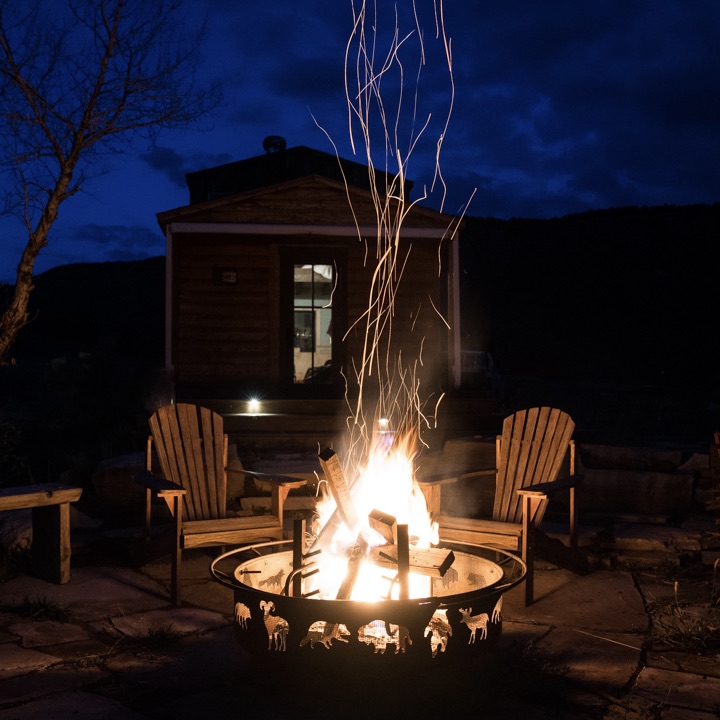
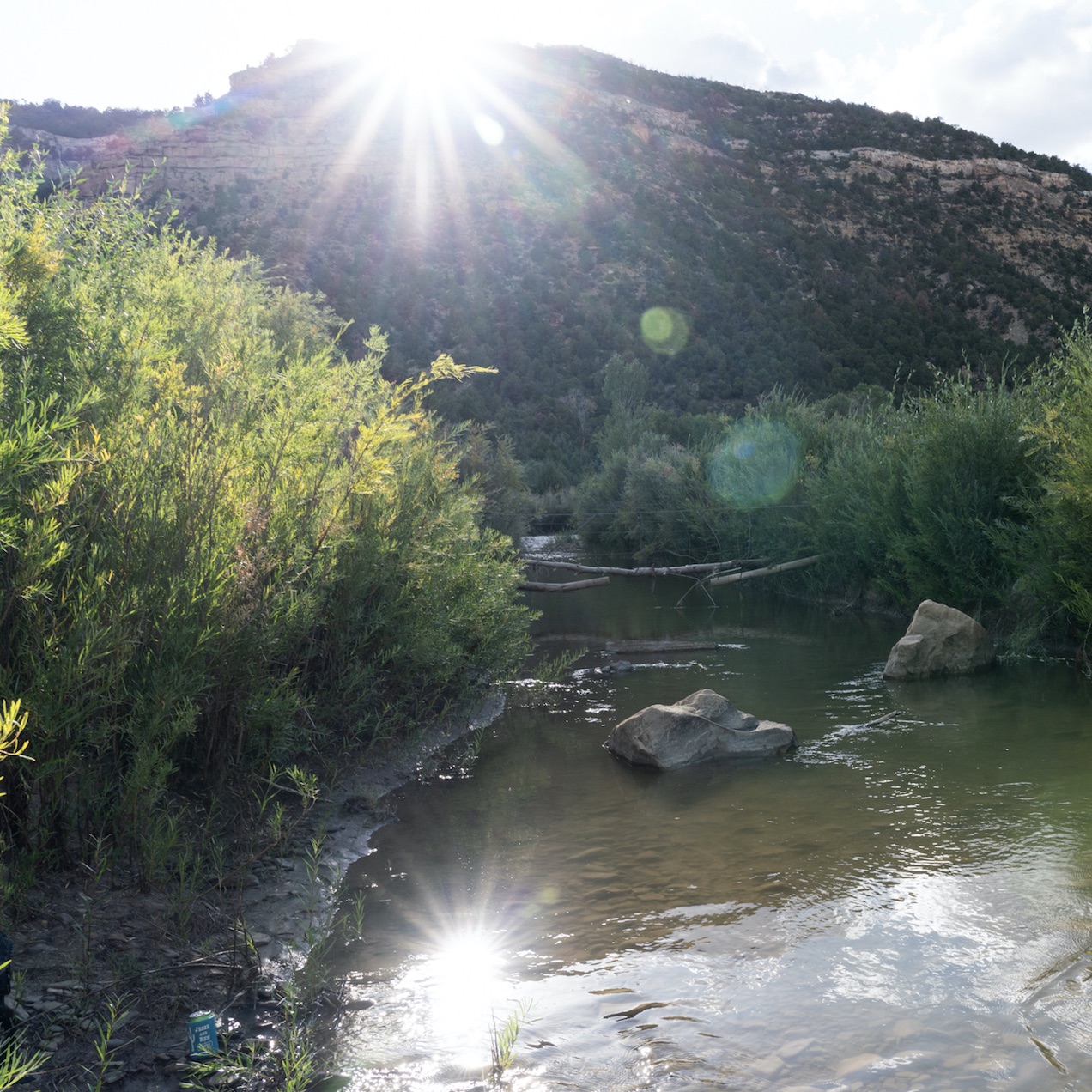
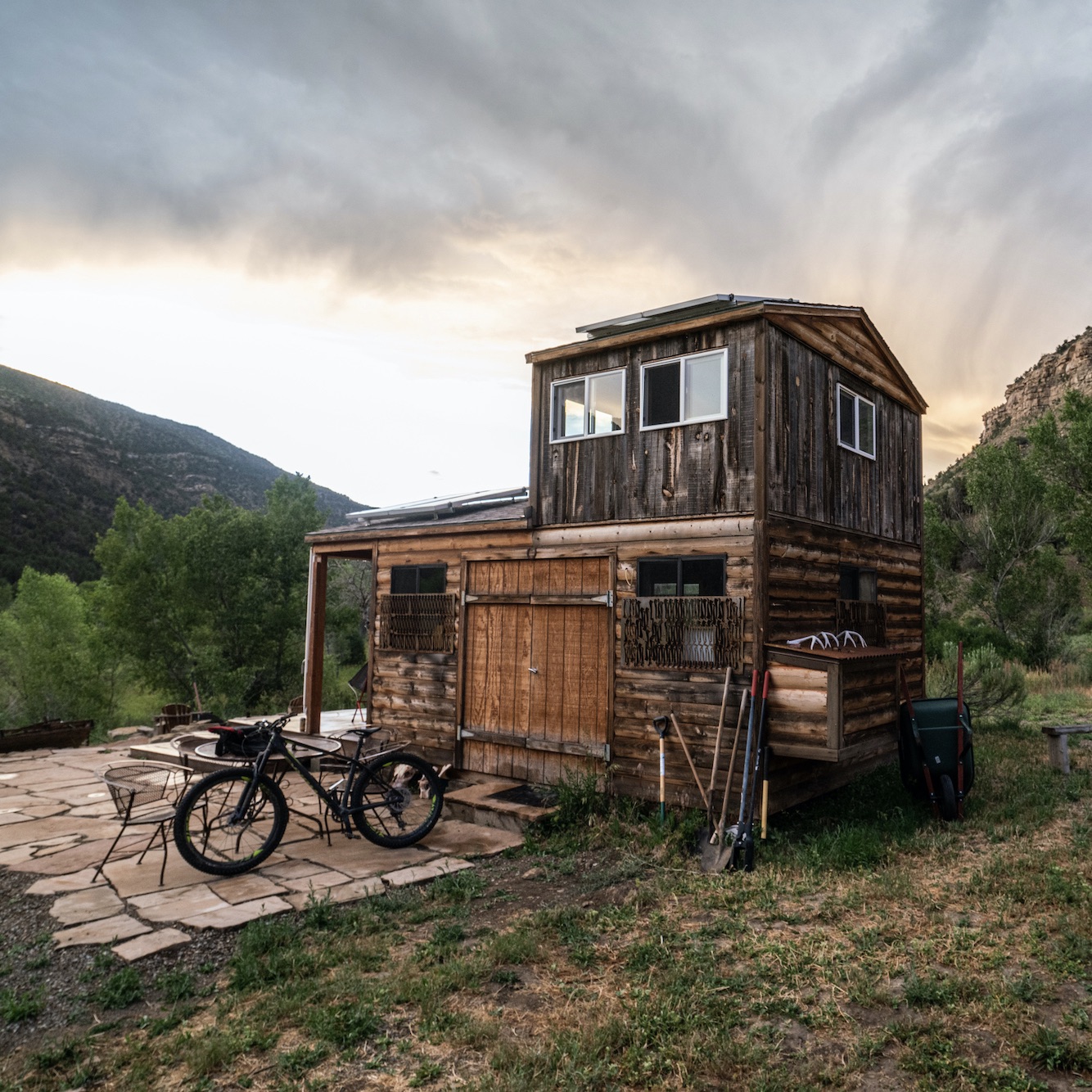
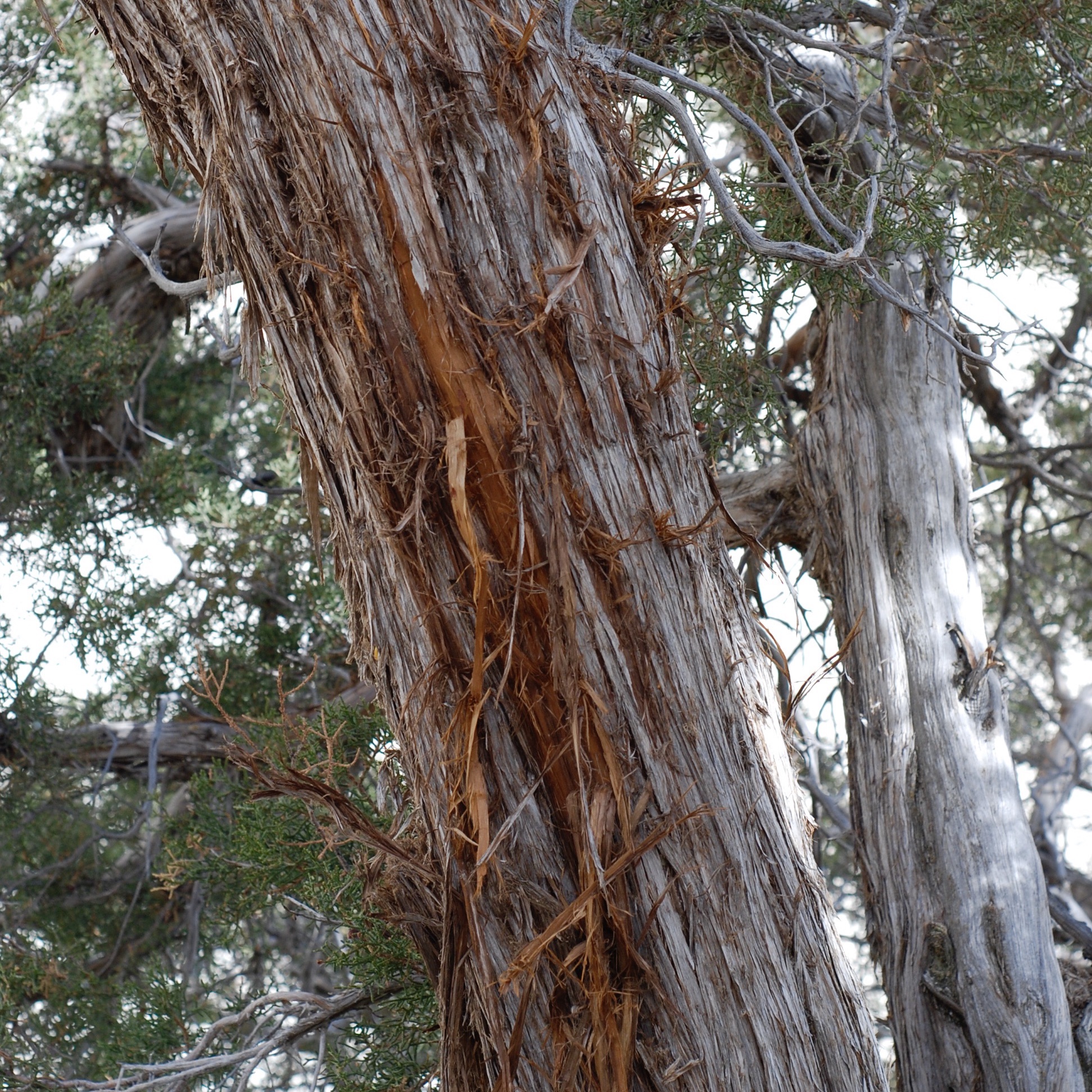
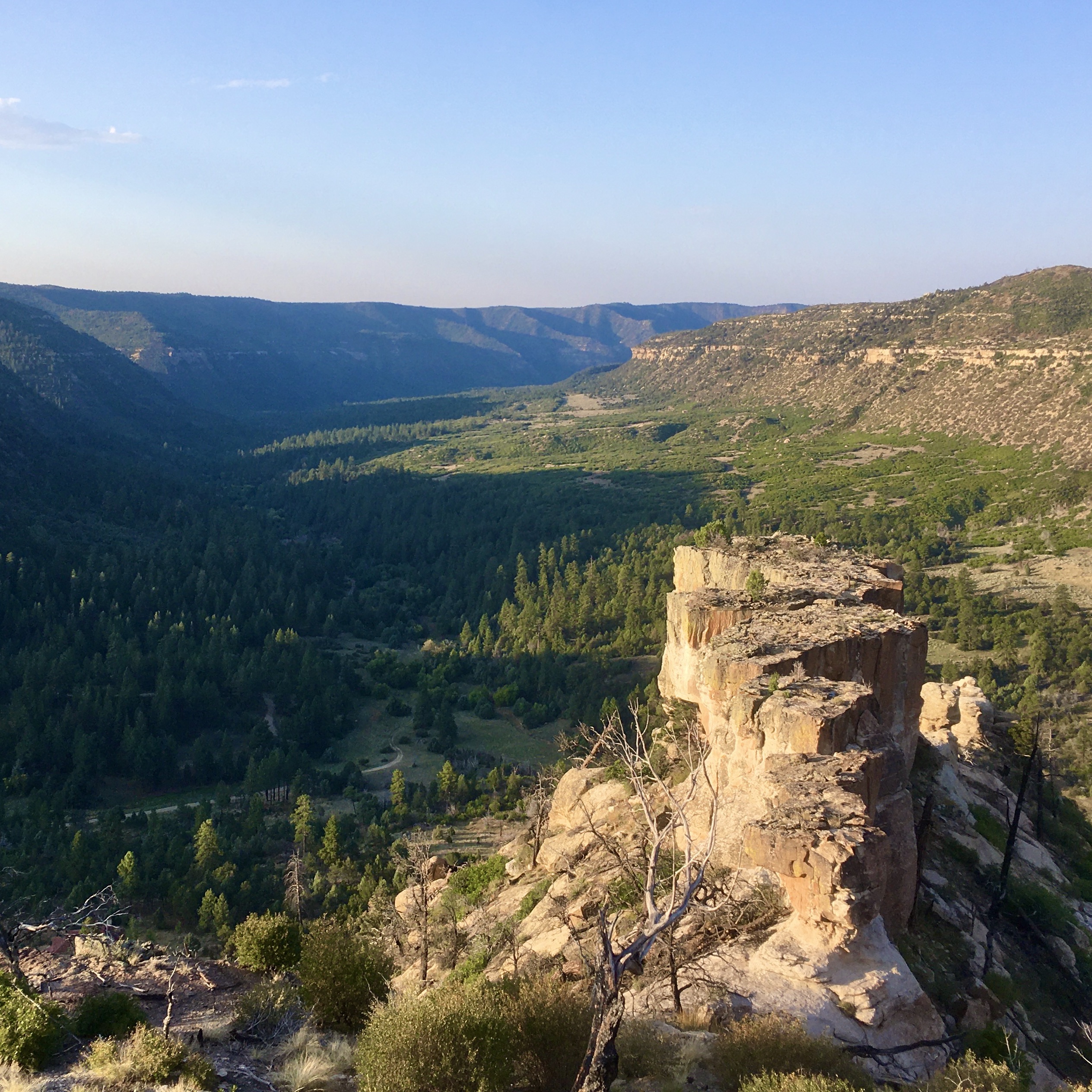
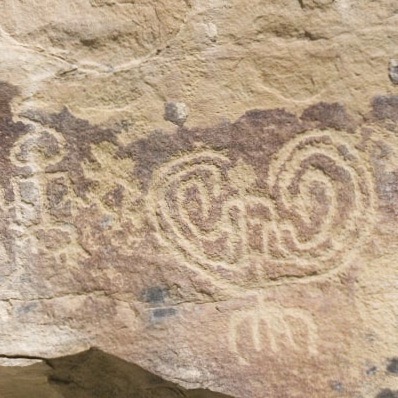
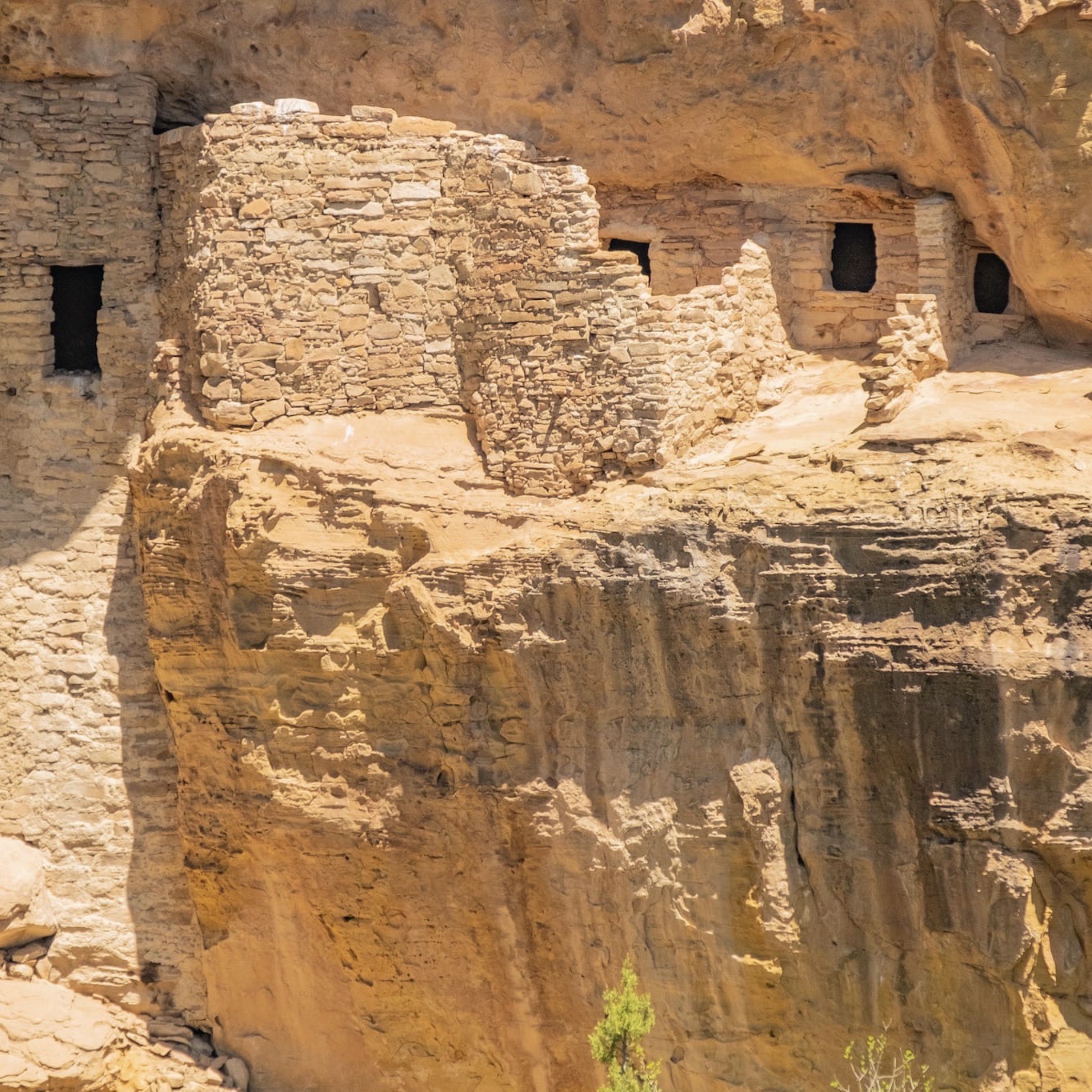
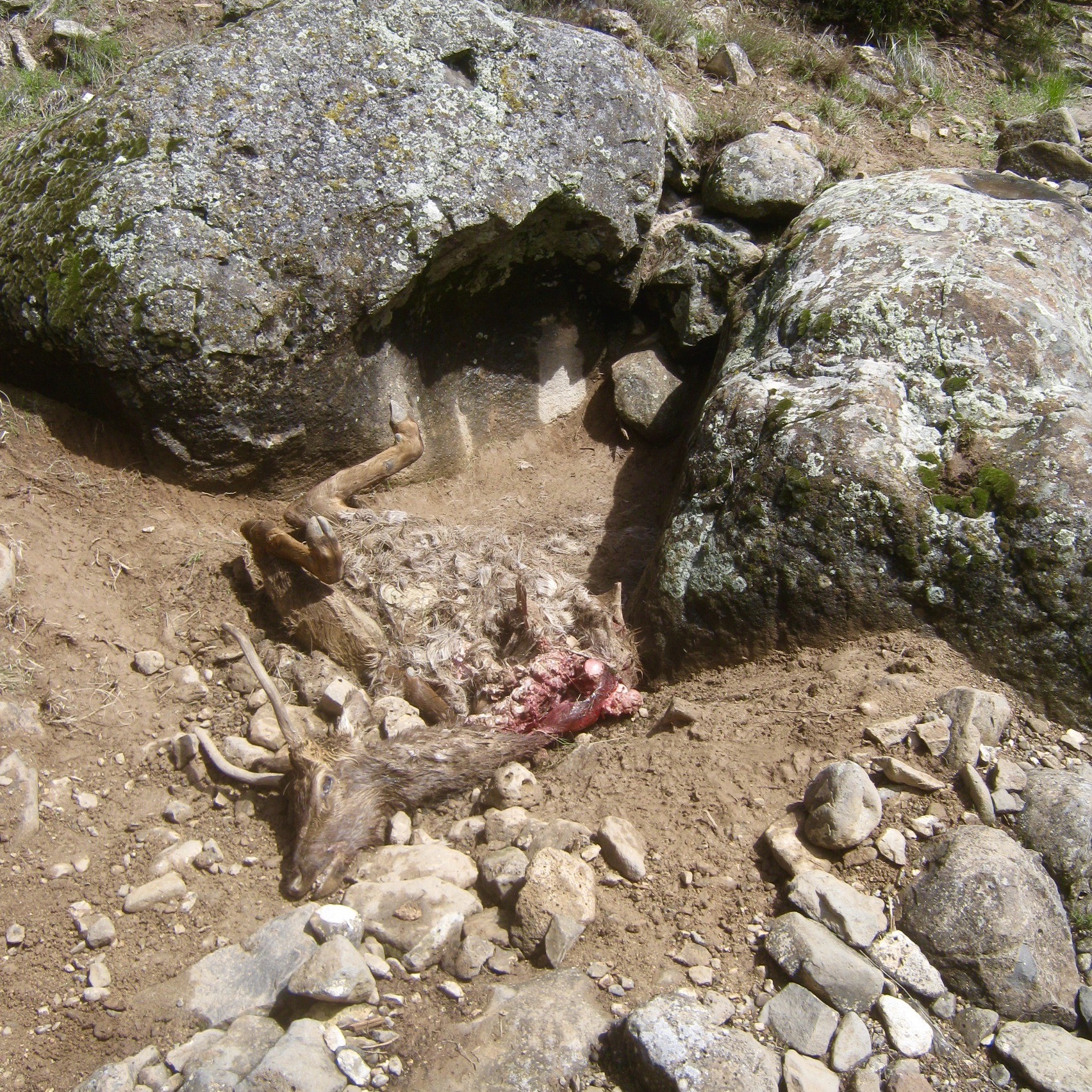
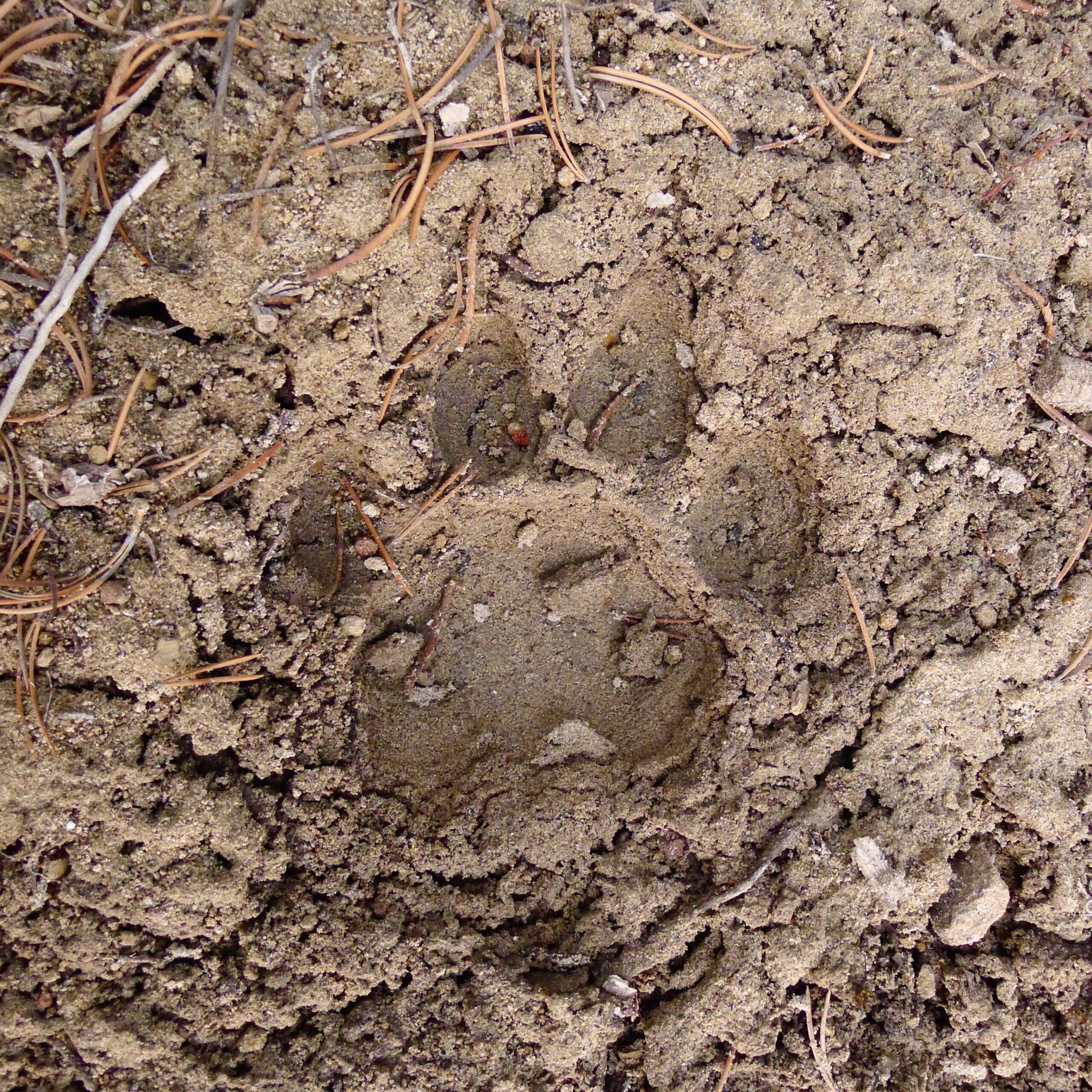
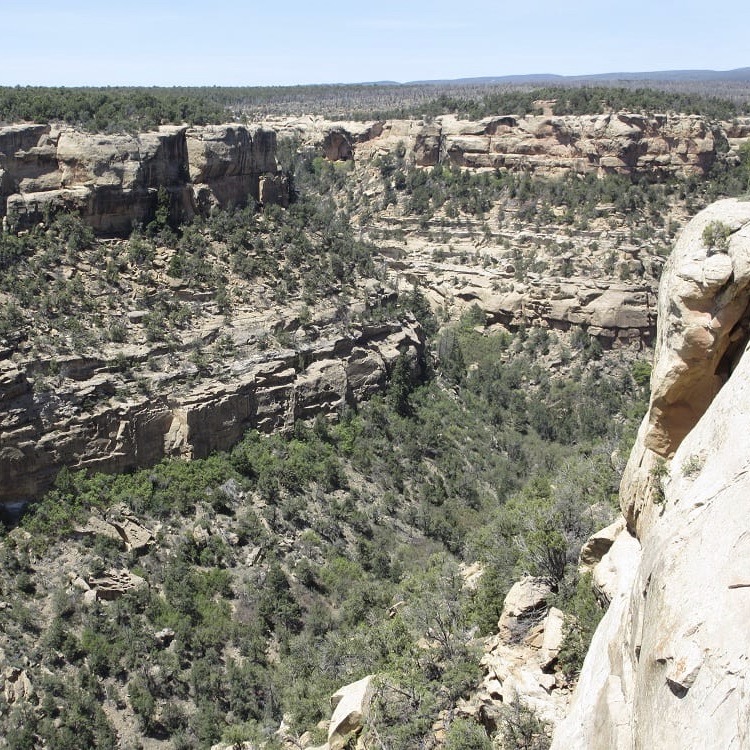
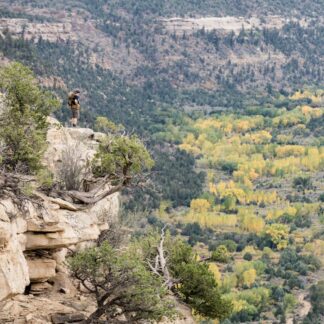
Reviews
There are no reviews yet.